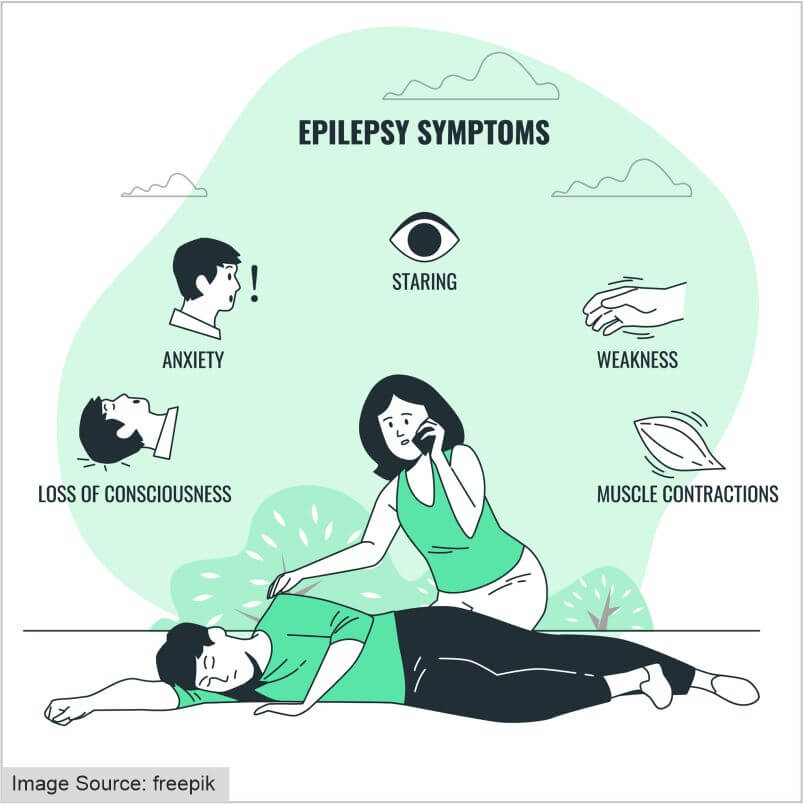Every year, on November 17th, National Epilepsy Day is commemorated to raise awareness about epilepsy – its causes and potential treatments. This meaningful day of observance finds its origins with the Epilepsy Foundation of India, founded in Mumbai by Dr. Nirmal Surya. The essence of this occasion lies in its mission to enlighten people, bursting myths and misconceptions about epilepsy and advocating for its eradication from the nation.
What is Epilepsy?
Epilepsy, a chronic neurological condition is characterized by recurring "seizures" or "fits." It's a persistent non-communicable brain disorder that can impact individuals of all age groups.
According to the World Health Organization, 50 million people across the world have epilepsy, 80% of whom are from low- and middle-income countries. Although it is one of the most common neurological diseases, which can be cured with proper diagnosis and treatment, about three-quarters of people living in underdeveloped countries do not receive the treatment and care they need due to stigma and discrimination. As a result, the risk of premature death in epileptics is three times higher than in normal people.
Common Symptoms of Epilepsy
Epilepsy results from abnormal brain activity, disrupting various brain-coordinated functions. The symptoms may include disorientation, staring spells, muscle rigidity, uncoordinated jerking, altered consciousness, and emotional signs like fear or anxiety. The specific symptoms depend on the type of seizure, which tends to remain consistent from episode to episode based on where and how the abnormal brain activity originates.

Creating awareness on National Epilepsy Day is important to dispel myths, reduce stigma, and promote understanding of epilepsy. Here are some strategies to help you raise awareness:
Social Media Campaigns: Start a social media campaign using hashtags like #NationalEpilepsyDay, #EpilepsyAwareness, and #EndEpilepsy. Share informative posts, facts, statistics, and personal stories about epilepsy. Encourage people to share their experiences with the disease and the challenges they had to endure.
Educational Workshops: You can host workshops to educate people about epilepsy, its causes, symptoms, and first aid measures. Invite medical professionals and epilepsy specialists to speak at the event.
Fundraising Activities: Organize fundraisers to support epilepsy research and advocacy groups. Consider charity runs, auctions, or donation drives to raise funds.
Informational Brochures and Flyers: Create and distribute informative brochures and flyers about epilepsy and its management in schools, workplaces, and public spaces.
Child Help Foundation and Filaantro assist underprivileged children battling life-threatening diseases and help them with surgeries and medical support. The organization has made a positive difference in the lives of 44,81,098 individuals across India, maintaining its commitment to not only enhancing children's health but also supporting their education.
On National Epilepsy Day, we unite to empower individuals and communities with knowledge, support, and compassion. Together, we can work towards a world where epilepsy is better understood, stigma is reduced, and those affected by this condition can live their lives to the fullest.
